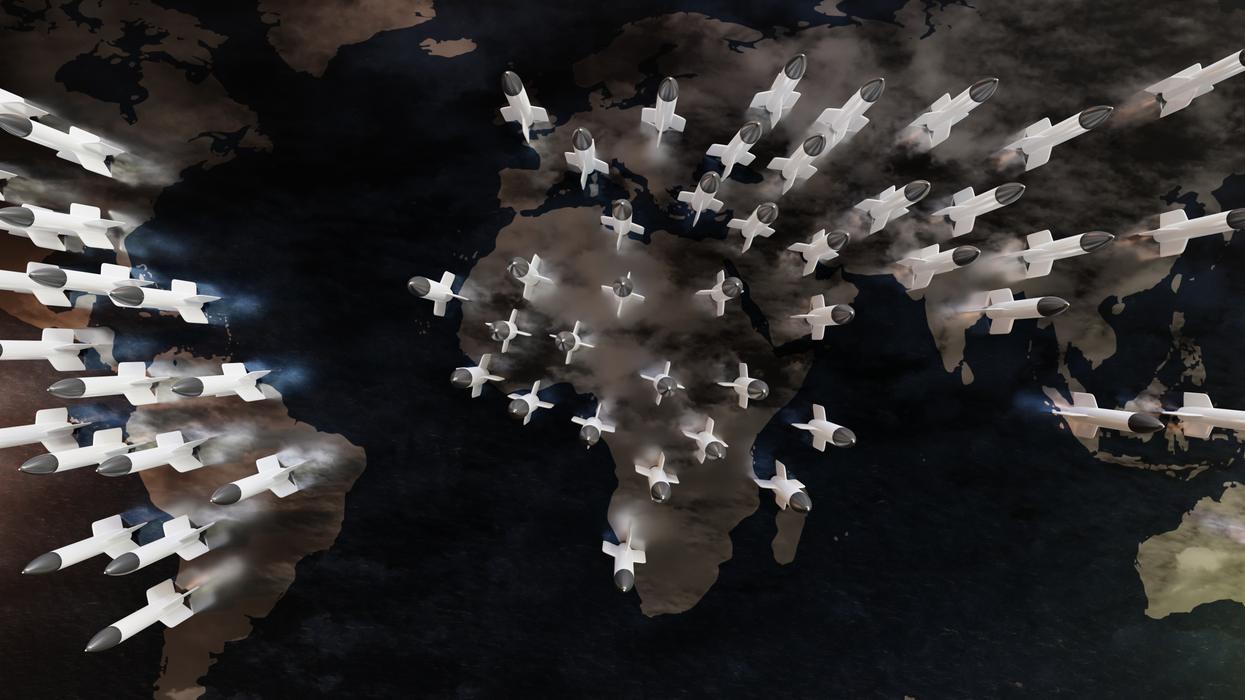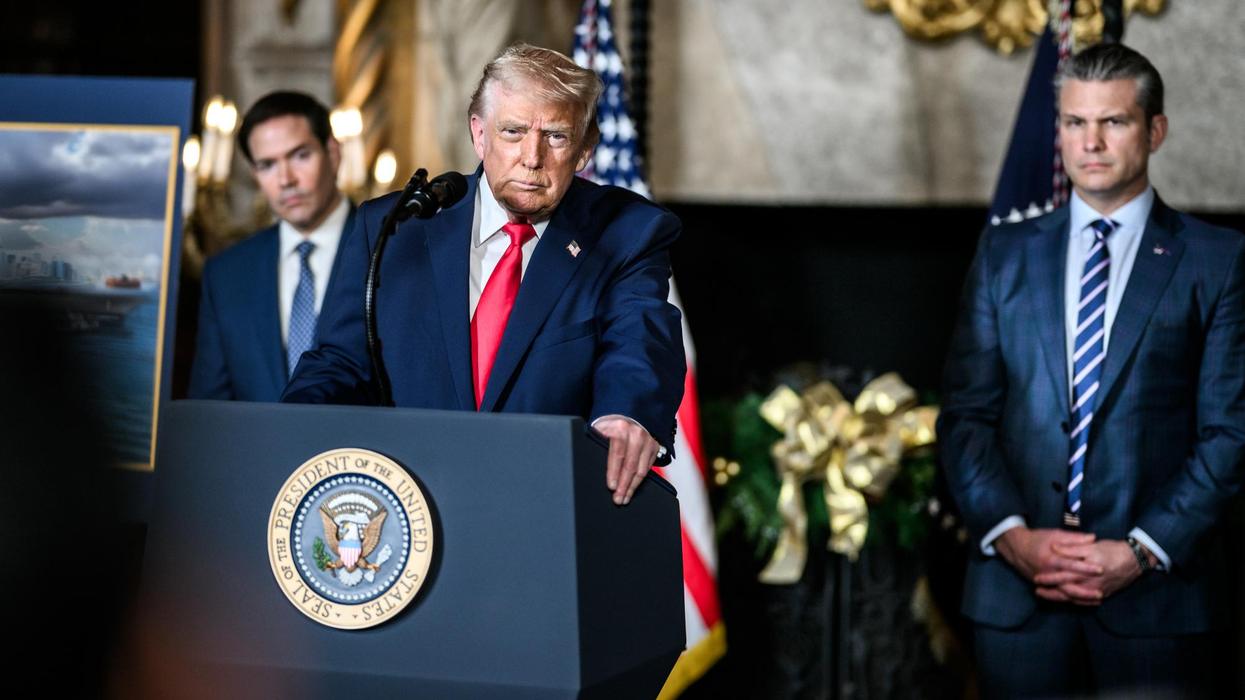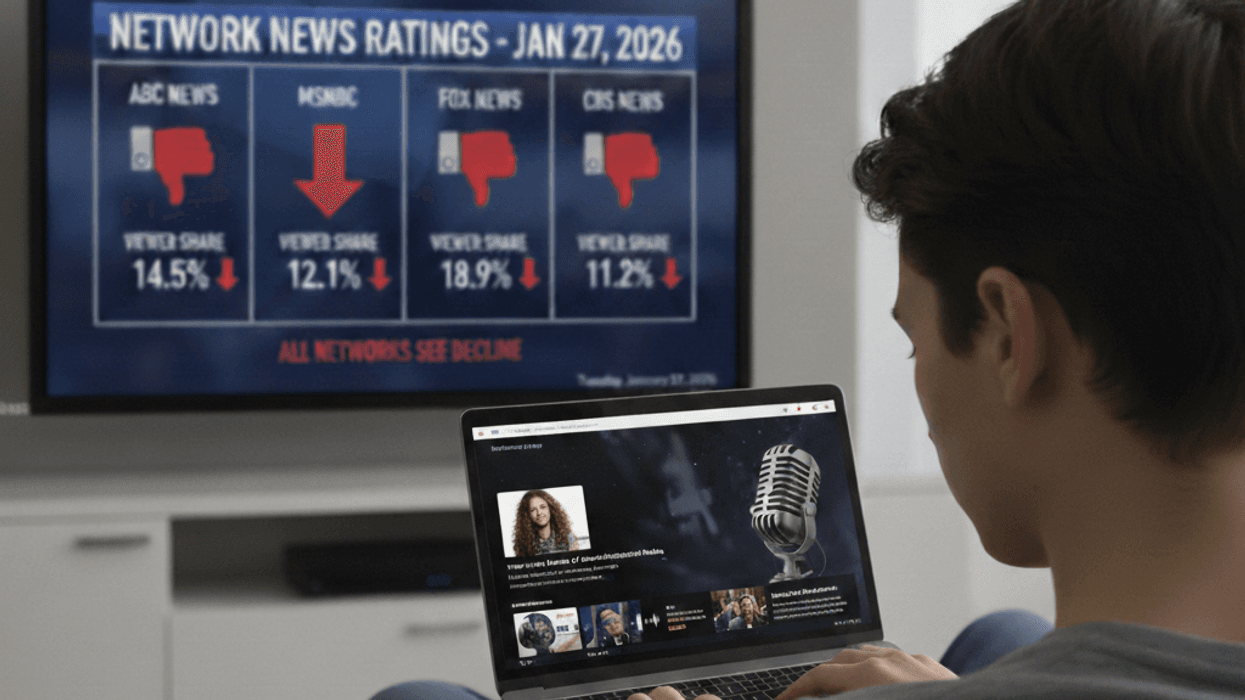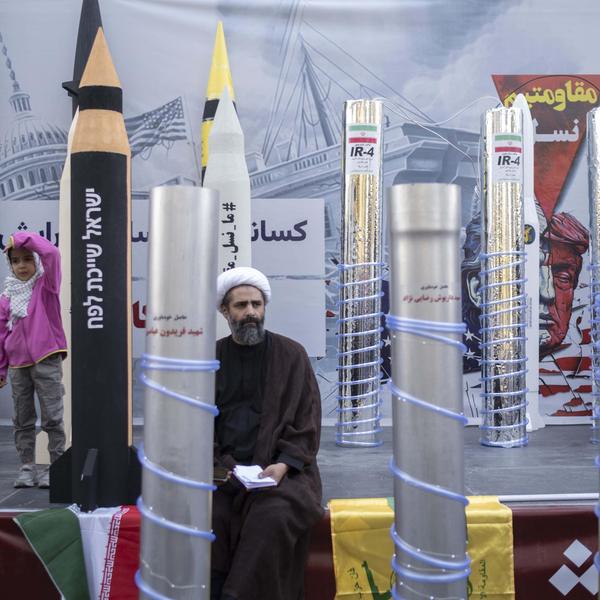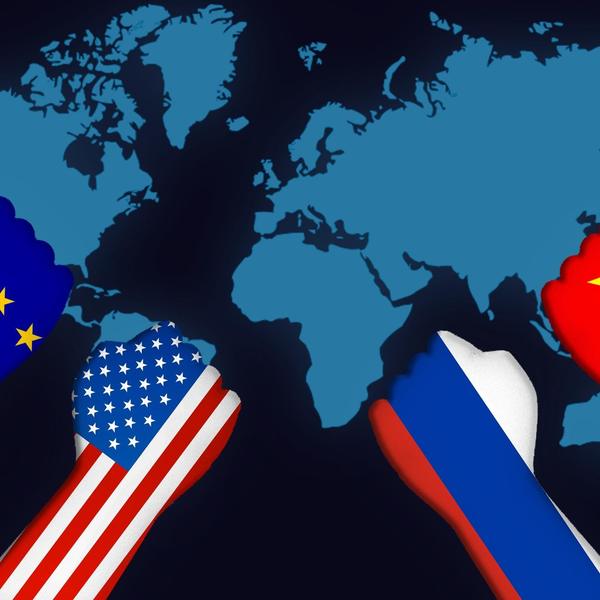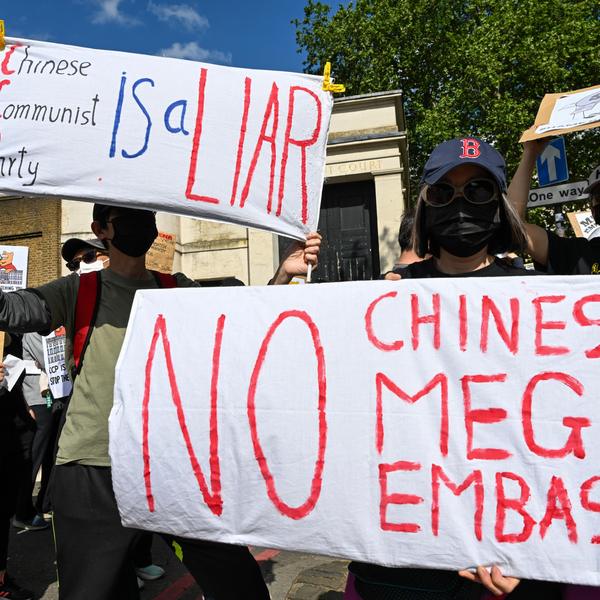On July 18, Rep. Alexandria Ocasio-Cortez (D-N.Y.) voted against the U.S. defense appropriations bill. She also voted against an amendment to the bill submitted by Rep. Marjorie Taylor Greene (R-Ga.) that would have cut $500 million from funds for Israel’s Iron Dome, the air defense system designed to shoot down short-range rockets.
AOC’s vote on both did not affect the outcome – MTG’s amendment failed, having received only 6 votes, while the defense spending bill passed, 221 to 209. Nonetheless, AOC’s opposition to MTG’s amendment provoked significant outcry among progressives, particularly when she defended her rejection of the amendment on X the following day:
Marjorie Taylor Greene’s amendment does nothing to cut off offensive aid to Israel nor end the flow of US munitions being used in Gaza… What it does do is cut off defensive Iron Dome capacities while allowing the actual bombs killing Palestinians to continue. I have long stated that I do not believe that adding to the death count of innocent victims to this war is constructive to its end… I remain focused on cutting the flow of US munitions that are being used to perpetuate the genocide in Gaza.
Many prominent human rights and Palestine advocates denounced her explanation in the replies, pointing out the incongruity between her charge that Israel is committing genocide and her determination to continue funding it. The virulent reaction generated its own round of media coverage, especially after her Bronx office was vandalized, and amplified the progressives’ disappointment with their rising star.
AOC’s post highlighted a flawed logic that many American politicians continue to deploy: the idea that it is both moral and possible to distinguish between defensive and offensive weapons. A similar logic was used by the Biden administration regarding support for Saudi Arabia during its bombing campaign against the Houthis in Yemen. In February 2021, President Joe Biden declared that he was “ending all American support for offensive operations in the war in Yemen, including relevant arms sales.” Instead, Washington would only provide defensive munitions, ostensibly to help protect Saudi cities from Ansar Allah’s missiles.
In both cases, a Democratic politician depicted their actions as reflecting a responsible middle path, neither enabling aggressive behavior nor abandoning a U.S. strategic partner. They may think this helps them to appear reasonable and primarily concerned with the welfare of civilian victims of military conflict.
Yet by boosting Saudi Arabia and Israel’s ability to “defend” themselves, American politicians — from a centrist like Biden to an ostensible progressive like AOC — are enabling the aggressive behavior that they allegedly wish to curtail. Countries like Saudi Arabia and Israel are effectively encouraged to act more aggressively knowing they are protected, thanks to the United States, from costly retaliation.
Especially in the case of Israel, decades of virtually unconditional U.S. support have disincentivized any previous willingness on its part to compromise or seek peace. This is the moral hazard of Washington support whether in the form of a guaranteed supply of U.S. weaponry, or vetoes at the UN Security Council. Knowing that one will not face consequences for bad behavior tends to inspire more of it.
And yet this evident truism has not inspired a change in U.S. policy. For decades until at least the October 7 Hamas attack, successive administrations claimed that the only way to convince Israel to accept a two-state solution was to provide the weapons that would make it feel militarily invincible against any and all of its neighbors, otherwise as known as ensuring its “qualitative military edge,” or QME.
The Iron Dome, which was built with nearly $1.7 billion in U.S. funding and now depends on hundreds of millions of dollars more worth of key U.S.-provided parts to continue operating, offers an example. When it came online in 2011, one of the rationales for U.S. support was that it would actually help protect Palestinian lives as well as Israelis, ostensibly because, if fewer Israelis were killed by Palestinian rockets, Israel’s retaliation would be less severe.
Writing 10 years later in 2021, Khaled Elgindy, then a scholar at the Middle East Institute, demonstrated that Iron Dome did not appear to reduce Palestinian deaths; if anything, it allowed Israel to kill Palestinians with greater impunity. Writing in 2023, human rights attorney Dylan Saba of Palestine Legal laid out the argument for why Iron Dome “cannot meaningfully be considered 'life-saving' in any value system that recognizes Palestinian humanity” in an article in Jewish Currents magazine entitled “Iron Dome is Not a Defensive System.”
During the brief war between Israel and Iran last month, multiple Iranian missiles penetrated Iron Dome, which was intended for smaller munitions. Concerns that Israel was running low on anti-missile defenses arguably contributed to Prime Minister Benjamin Netanyahu’s willingness to accept the ceasefire that Trump demanded, demonstrating the restraining effect that Iranian missiles had on Israeli society’s appetite for war.
Indeed, if Israelis had to deal with a tiny fraction of the horrors that their military has meted out against Palestinians in Gaza, they would have insisted that their government agree to a ceasefire months and months ago. Instead, they are protected from the consequences of their military’s heinous violence.
Another flaw in the logic of U.S. politicians like AOC and Biden, is the idea that it is possible to distinguish between offensive and defensive weapons. In fact, this question remains a significant point of debate among International Relations scholars. Realists such as John Mearsheimer tend to believe that such distinctions are unhelpful and that, due to the absence or ineffectiveness of international laws or norms, states must always assume the worst about other states’ intentions and maximize their security accordingly.
Moreover, most IR scholars subscribe to the notion of the “security dilemma,” or the dynamic whereby any effort by a state to increase its own security decreases the security of other states. Without delving too deeply into academic debates, the point is that even scholars of war find it difficult to clearly distinguish between offensive and defensive capabilities, precisely because improving one’s defensive position makes offensive actions less costly.
According to recent polls, American public support for Israel is slipping. This is especially true on the left, where 59% of Democrats say the U.S. provides Israel with too much military aid, a figure that rises to 72% for Democrats under 35. These numbers have shifted quickly due to the war crimes committed by Israel over the last 21 months in Gaza, as documented by reputable international human rights and humanitarian groups. Yet most American lawmakers, let alone the Trump administration, have failed to act on these dramatic movements in public opinion.
As AOC’s experience demonstrates, a position that may once have appeared reasonable if perhaps shallow — that her “no” on MTG’s amendment will somehow help reduce civilian casualties — is no longer acceptable to people who can see exactly what is going on in Gaza today.
- Gaza breakdown: 20 times Israel used US arms in likely war crimes ›
- MTG moves to cut aid to 'nuclear armed' Israel ›
- How MTG became MAGA's moral compass on Gaza | Responsible Statecraft ›
- Does the House have the grit to 'Block the Bombs' to Israel? | Responsible Statecraft ›


